When it comes to how we perceive the “flavor” of our seasons of life, do we leave room for God to interpret what we’re tasting?
I’ve been thinking a lot lately about this idea that what we see isn’t necessarily all that there is to know. We do ourselves – and those around us – an injustice when we do not leave room for God’s version of events to manifest.
Like when you start watching a series on Netflix that starts off kind of slow and you’re not really into it, but everyone is talking about it and FOMO is kicking in. You have two choices: stop watching because you refuse to be peer-pressured into wasting your time OR wait for it to get good.
Personally, I’m not a quitter so I waited for it to get good and now I’m in season 3 of Outer Banks, dying to find this stupid treasure that gets further and further away every season.
But that’s just me.
Don’t summarize your whole experience with God based on the difficulty of a few months, even a few years. Leave room for His interpretation to influence your understanding.
Can’t we say the same thing about our faith walk? I believe that God is who He says is and He can do what He says He can do. I also have to believe that He works all things together for the good of those who love Him and are called according to His purpose. If it’s not good, then God’s not done. Don’t quit before you get to the good part.
Leave room for the good part. Don’t summarize your whole experience with God based on the difficulty of a few months, even a few years. Leave room for His interpretation to influence your understanding.
You feel lonely, but leave room. Is it possible He’s setting you apart?
You feel overwhelmed, but leave room. Is it possible that He’s teaching you about His grace?
You feel lost, but leave room. Is it possible that He’s making a way through the wilderness?
Everything feels impossible, but leave room. Is it possible that He’s setting the stage for a miracle?
What if all this isn’t being done to you, but so that His glory can be revealed through you?
While we are waiting to walk into the “exceedingly and abundantly more” season of life, what if Jesus is trying to show us that He actually is our exceedingly and abundantly more?
This brings a certain miracle from scripture to mind. In John 6, we read the story of Jesus feeding the multitude with five loaves and 2 fish. But before we get to the miracle, there’s an example of what it looks like to leave room.
The crowds are gathering, and Jesus looks to Philip and asks him where they should go buy bread for the people to eat. Notice that the whole conversation surrounding the problem of not enough began with Jesus. Isn’t that interesting? Could it be that our problems of “not enough” begin with Jesus?
What if, from time to time, He allows us to experience lack so that He can be the provider? The shepherd? While we are waiting to walk into the “exceedingly and abundantly more” seasons, what if Jesus is trying to show us that He is our exceedingly and abundantly more?
So Jesus asks where they can get food, and then check out verse 7: Philip answered him, “It would take more than half a year’s wages to buy enough bread for each one to have a bite!”
Cool, thanks for that info Philip, but you kinda missed the question. Jesus asked “where”… Philip answered with excuses. Now I can’t really be mad at this; it would be hypocritical. Too often we respond to Jesus’ invitations with excuses about why everything is impossible, all under the guise of being honest with Him.
I’m sure Jesus loves our honesty. But He loves our faith more. Back to the story…
I’m sure Jesus loves our honesty. But I’m certain He loves our faith more.
After Philip answers, another disciple chimes in. Read the next couple of verses:
8 Another of his disciples, Andrew, Simon Peter’s brother, spoke up, 9 “Here is a boy with five small barley loaves and two small fish, but how far will they go among so many?”
There’s so much to observe about this section. First of all, Andrew was not part of the initial conversation. Which makes me wonder… Who is within earshot of Jesus’ conversations with us? Who else is watching when we start to incorrectly interpret what God is doing?
Secondly, Andrew stated the facts. Ok Jesus, you’re asking about food. Here’s what we have: five loaves and two fish. And then he asks a question.
Questions create engagement.
Questions invite collaboration.
Questions lead to answers.
We would be better off to respond to Jesus with questions rather than definitions. Leave room for Him to define things. Or risk missing the miracle.
We would be better off to respond to Jesus with questions rather than definitions. Leave room for Him to define things.
Or risk missing the miracle.


Leave a Reply
Want to join the discussion?Feel free to contribute!